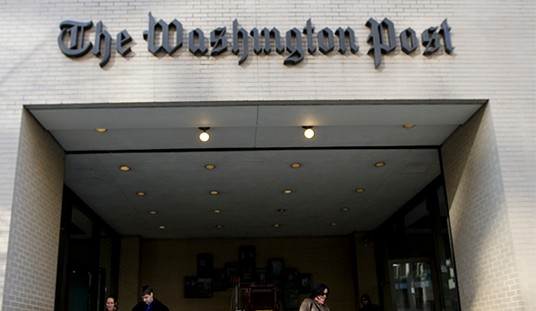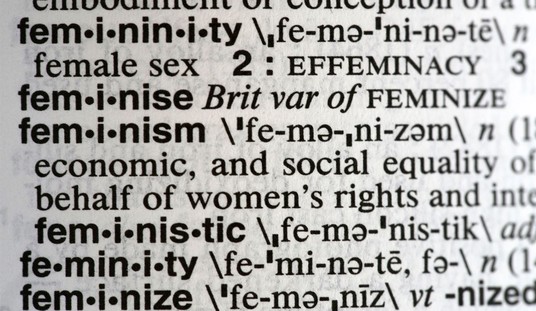Politicians and basketball coaches know that you never answer the question a reporter asks you; you answer the question you want to answer.
So it was with an opinion piece in the March 17 edition of The Washington Post titled “Is Capitalism Moral?” The newspaper assigned Steven Pearlstein, a business columnist who doesn’t seem to care much for businesses, to answer that question.
But Pearlstein didn’t seem to want to. Instead, he made his piece broader, writing about the broad problems in American politics today. “Careening from debt-ceiling crisis to sequestration to a looming government shutdown, the nation is caught up in a historic debate over the proper size and role of government,” the piece begins.
Well, all that has nothing to do with capitalism, and everything to do with a long overdue conversation. Government is growing, and has been doing so on autopilot for decades. It’s about time our leaders talked about ways to make government less invasive.
Next, Pearlstein asserts: “Here at home, large swaths of the economy have been deregulated, and tax rates have been cut. A good portion of what is left of government has been outsourced.”
Well, forget deregulation. Quite the opposite. “During the three years of the Obama Administration, a total of 106 new major regulations have been imposed at a cost of more than $46 billion annually,” The Heritage Foundation reported last year.
The biggest bills in recent years are Obamacare and Dodd-Frank. The former has generated
As far as “outsourcing” goes, it’s the rest of the country that has suffered from it, not Washington.
Just before President Obama took office, ABC news reported that “All 50 states are now in a recession or at risk of falling into one.” Yes, all 50 states. But not everywhere. The non-state was, and is, doing just fine. “The District of Columbia, with its government and government-related jobs, still has an expanding economy.” How about that.
Recommended
Even with the sequester in place, the feds are hiring. Want to be “a Correspondence Control Specialist, in the Office of the Executive Secretariat, Office of the Chief Operating Officer, in the Office of the Assistant Secretary for Preparedness and Response?” USAjobs.gov says that job pays up to $97,000 per year. To open mail. There are at least 785 federal job listings in D.C. alone, and most have been posted since the sequester took effect. A brief hiring freeze could vastly reduce spending, and it’s unlikely anyone would be inconvenienced.
Pearlstein, to his credit, does point out a problem on the Left: Its battle against income inequality leaves some crucial terms undefined. “One problem with liberals’ equal opportunity argument is that they have yet to articulate the moral principles with which to determine how far the evening-up should go — not just with education but with child care, health care, nutrition, after-school and summer programs, training, and a host of other social services,” he writes.
Another problem, of course, is that it’s far easier to even things up by taking income away from those who are successful than it is to help those at the bottom learn what it takes to succeed. “I do think at a certain point you’ve made enough money,” President Obama ad-libbed in 2010. And if the government is going to decide where that “point” is at which you’ve made “enough money,” it’s giving itself the power to take away anything you own.
As columnist David Brooks noted recently, “many progressives seem to believe that government is the horse, the source of growth, job creation and prosperity. Capitalism is just a feeding trough that government can use to fuel its expansion.” But if the private economy isn’t growing, the only way to fuel the growth of government is through more borrowing. And that’s only going to lead to a collapse down the road.
To return to the newspaper’s original question, the simple answer is “no.” Capitalism isn’t moral. Nor is it immoral. It’s amoral -- that is to say, capitalism is indifferent to morality. It’s simply an economic system that, while imperfect, works much better for more people than any other economic system ever attempted. Just look at communism, socialism, feudalism and colonialism for failed models.
We need to return to capitalism, and move away from the government-first ideas that are dragging the economy down.

























Join the conversation as a VIP Member